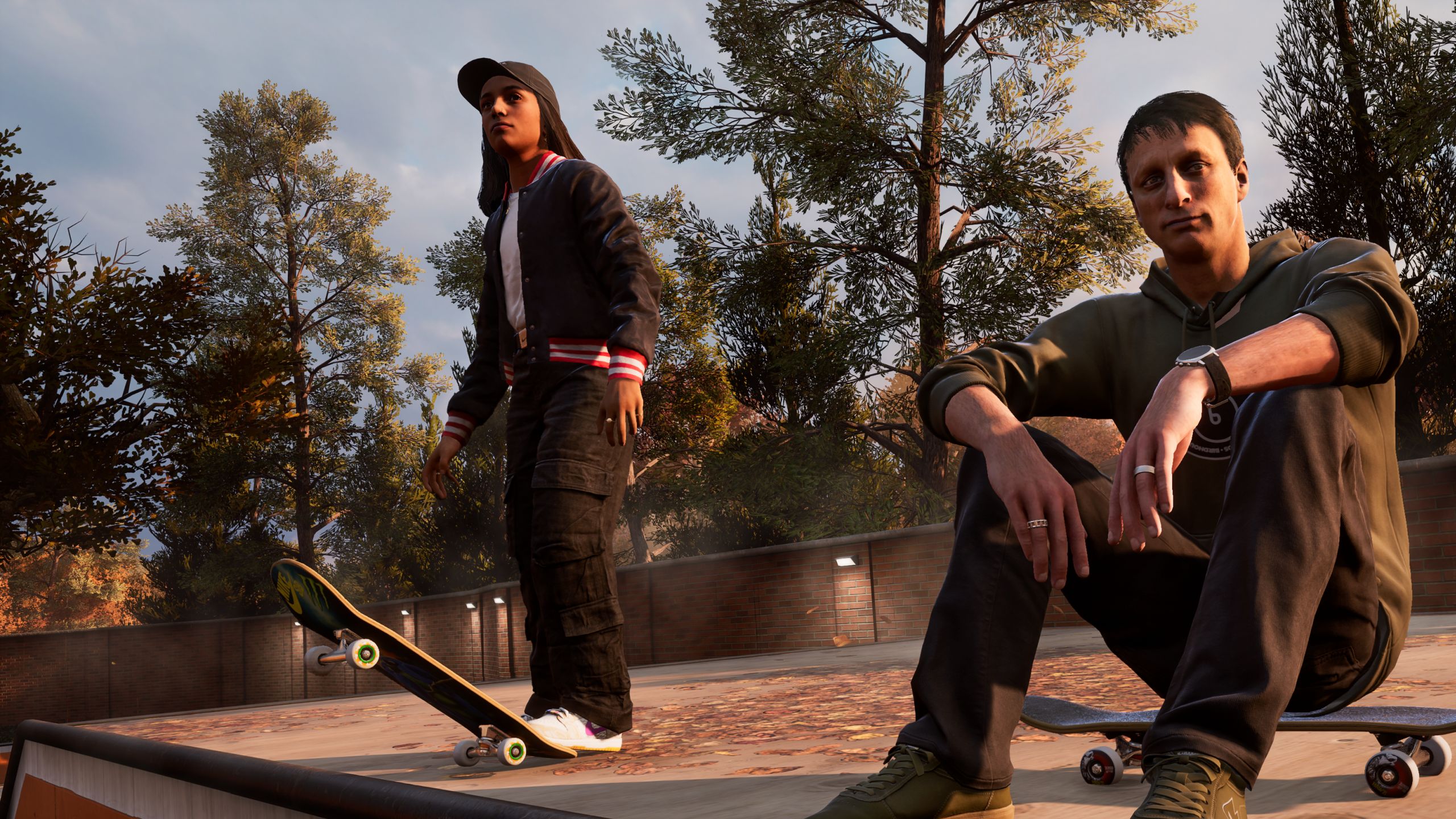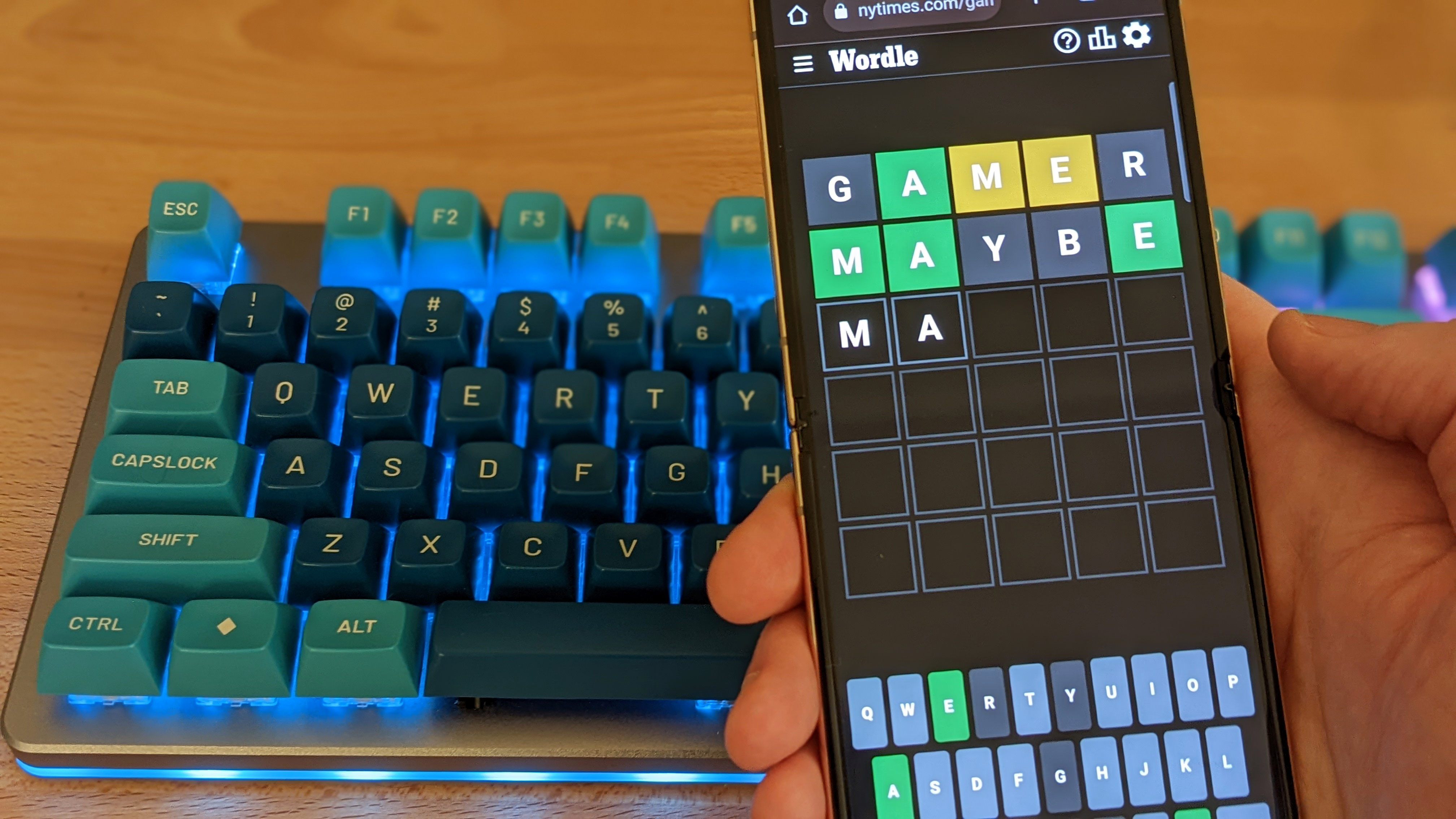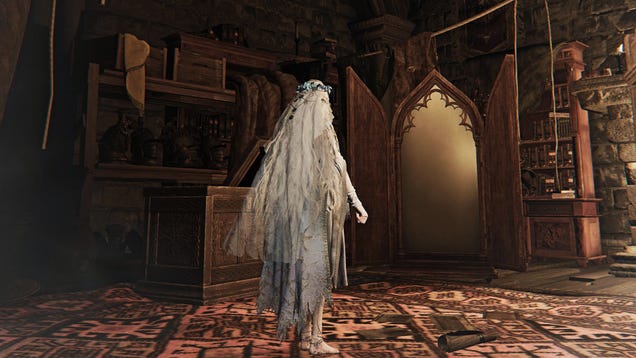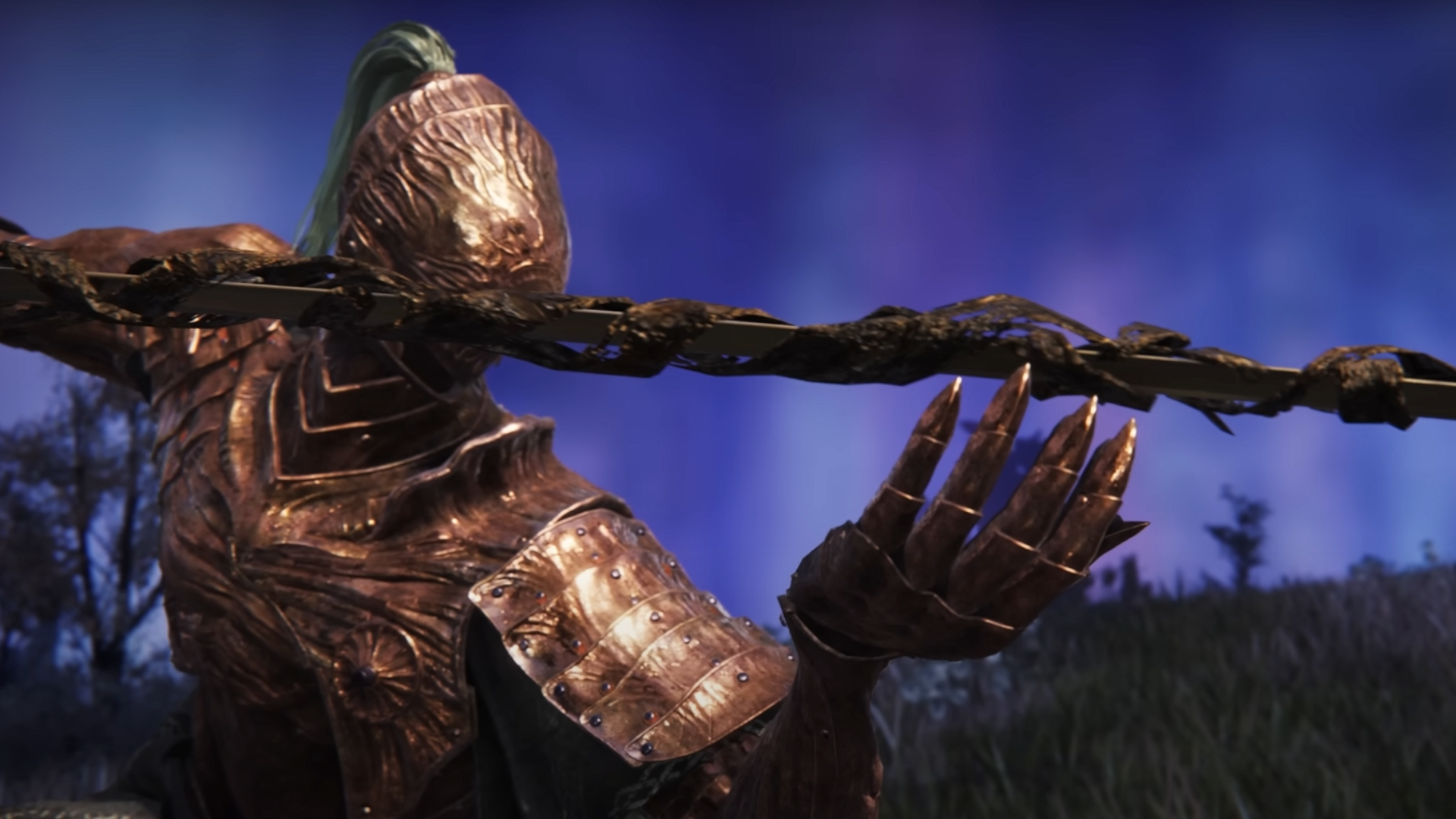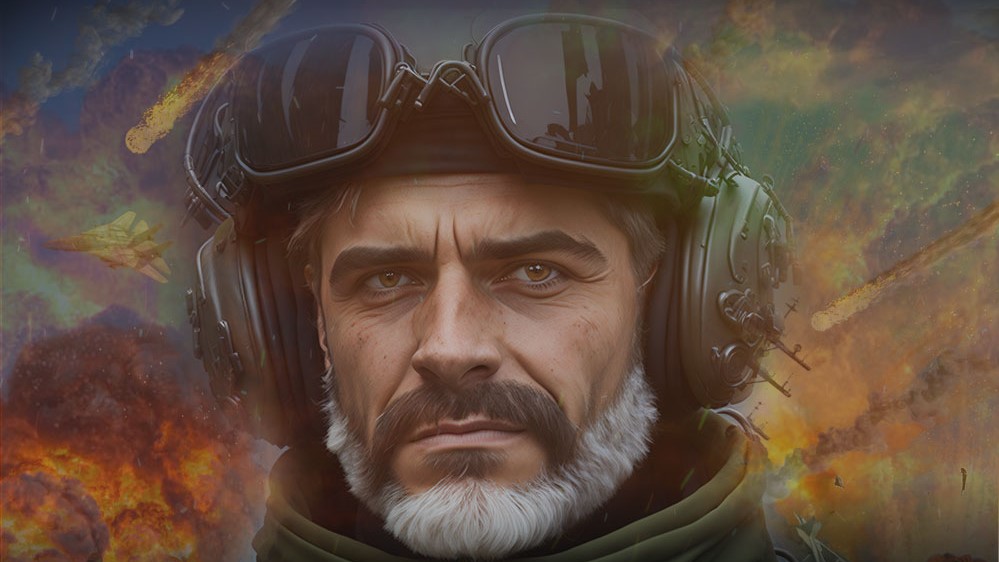
Revenge almost makes Black Ops look subtle. Almost.
Iranian animation outfit Kosar3D recently announced a new direction: videogames. Specifically, Kosar3D’s game Revenge “deals with the military alliance of Iran and Russia against NATO” (but mainly, it seems, the United States and Israel). It is being developed by a team of programmers in Mashhad and directed by Farhad Azima, whose previous works include the film Battle for the Persian Gulf 2 (“an Armed Conflict between Iranian Revolutionary Guard and U.S. Navy in the Persian Gulf”).
The announcement claims the game is self-funded, and its purpose is “direct confrontation with the works of its counterpart in this format of the entertainment industry.” In other words, it aims to be the Iranian answer to the game it can’t stop referencing: Call of Duty.
“In this game the military alliance takes form between Iran and Russia,” said Azima in an interview on Russia Today. “The group tries to neutralise the operations that are planned by the enemy against the allies of Iran and Russia.”
The Russia Today report’s voiceover adds that the alliance “nips those operations in the bud” and goes on to say the game is not about war but “pre-emptive strikes launched on the enemy’s soil to thwart the enemy’s attacks.” It then claims that Revenge’s “top notch graphics and realistic scenarios make it Iran’s Call of Duty” (quite the feat when competing against Modern Warfare 2’s reported $250 million budget).
“We try to develop the game to be on a par with games like Call of Duty,” said Azima. “The game resembles American and world class games in terms of graphics and quality, despite our limited facilities.”
As for what kind of combat to expect: “An important challenge is the battle between Iran’s fourth-generation Sukhoi fighter and the United States’ fifth-generation fighter, the F35,” said Azima. “In calculations on paper, the battle between these two fighters will probably be associated with the victory of the F35, but in a dogfight or a very close battle, the victory will be with the Sukhoi, especially if the pilot is an Iranian.”
There is a funny side to this—after all, why should America be the only one producing gung-ho propaganda about global conflicts? But Call of Duty’s presentation of Middle Eastern nations and fighters is a source of deserved criticism, with the worldview it presents often feeling like an extension of the US military press department. “That’s Call of Duty, over and over,” said developer Rami Ismail in 2016. “Shoot all the Arabs. Muslim blood is the cheapest in the world.” The stereotyping of the Middle East in CoD is so pronounced that even the Financial Times has covered it.
So the scenarios here may seem distasteful to a western audience, though almost as striking is how rarely such perspectives are ever seen in the games industry. The shooter genre generally has a casual acceptance of Middle Eastern villains and we’re almost never made to consider the other sides of global conflict or see nations like Iran as anything other than unquestionable villains.
The “enemy soil” line about Revenge seems to reference the player attacking Israel, for example, something it’s impossible to imagine in an American-made game: one clip on YouTube is called “Destruction of enemy missile base with hypersonic ballistic missile,” but on the website this is referenced as the destruction of “Zionist fighters”.
Even more eyebrow raising is the description of the game’s first level. There are seven levels total in Revenge, and the opening is set in Ukraine. The player has to infiltrate a US-run laboratory that is producing a virus which (deep breath) turns Ukrainians into zombies that attack Russians. When asked about this scenario, Azima says that this is based on Russia seizing US labs in Ukraine producing deadly viruses, a baseless claim popularised by the Kremlin and Russian state media, and the zombie scenario “makes this story more interesting” as the US “tries to compensate for its defeat.”
Well. There’s a surprising amount of material from Revenge on the developer’s YouTube page though, perhaps not surprisingly for an animation studio, they focus on cutscenes over gameplay. The main reveal video, however, shows unmistakeable environments and 3D models of military craft. Azima says the game’s been in production for two years, and is hoped to be finished later this year. The final irony? It’s being made in Unreal Engine, created by the very American Epic Games.
Most American of all and my favourite line, however, is Azima’s sign-off on a post revealing some new art: “With God’s permission, we are going to make a lot of money.”

